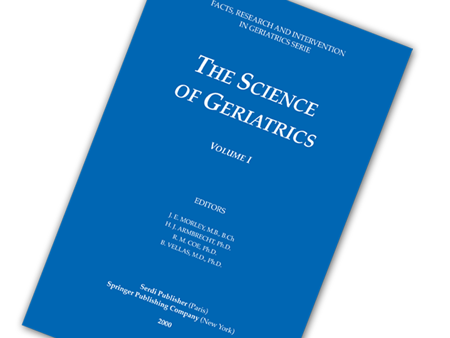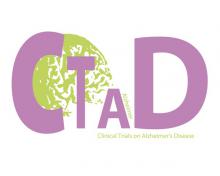BACKGROUND AND OBJECTIVES: Due to the lack of scientific data comparing the success and cost-effectiveness of trial recruiting strategies, the main goal of this paper is to present our results and experiences in recruiting participants to prodromal and mild AD clinical trials from an open-access screening program. DESIGN: The screening procedure includes the interview, and combined tests administration conducted by experienced neuropsychologist: Mini-Mental State Examination (MMSE) and Auditory-Verbal Learning Test (AVLT). The clinical evaluation was based on test scores, patient and/or caregiver interview, and the health questionnaire. SETTINGS AND PARTICIPANTS: The open-access screening program was conducted in Wroclaw Alzheimer’s Center for 18 months (2018-2019). We invited individuals age 50 or older with the caregivers. The total number of subjects was 730 (N=730). MEASUREMENTS AND RESULTS: Due to our research, the detection rates in the screened population were 0,7% for severe dementia, 4,1% for moderate dementia, 18,6% for mild dementia, and 28,9% for mild cognitive impairment (MCI). From 347 individuals classified in our open-access screening programs as MCI or mild dementia patients, as many as 248 patients were screened in Alzheimer’s disease clinical trials, which is 71,47%. Moreover, 63 from 347 individuals selected from our program as MCI or mild dementia patients were randomized into the clinical trials, which is 18,16%. Furthermore, 63 from total 730 (8,6%) patients were randomized in clinical trials. CONCLUSIONS: Open-access screening programs can improve detection of MCI and dementia in society, help to distinguish demented from non-demented elderly, and improve recruitment of prodromal AD patients who would probably not have come to the memory clinic otherwise.
(1) D. Wójcik, K. Szczechowiak, M. Zboch, M. Pikala J Prev Alz Dis 2020; in press



